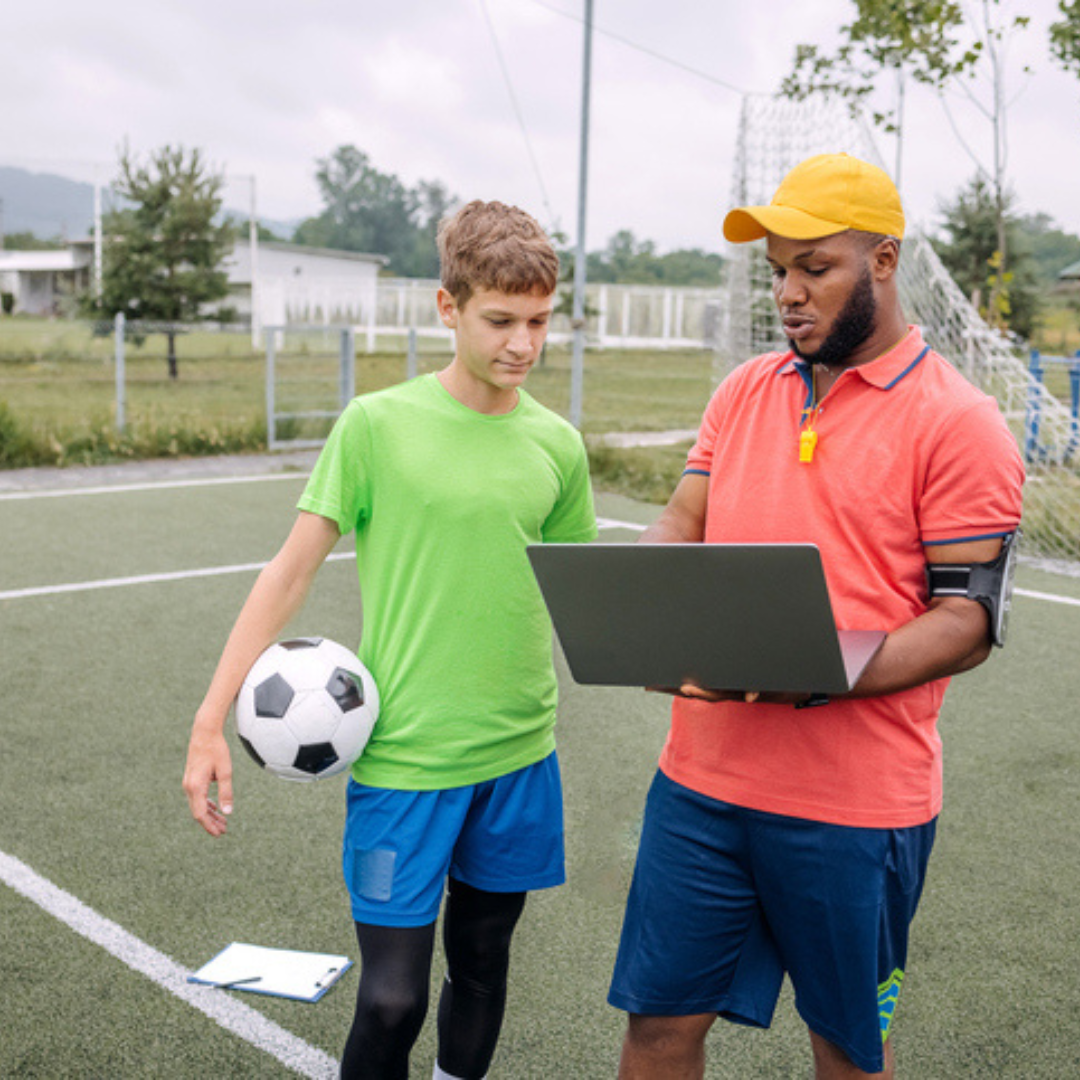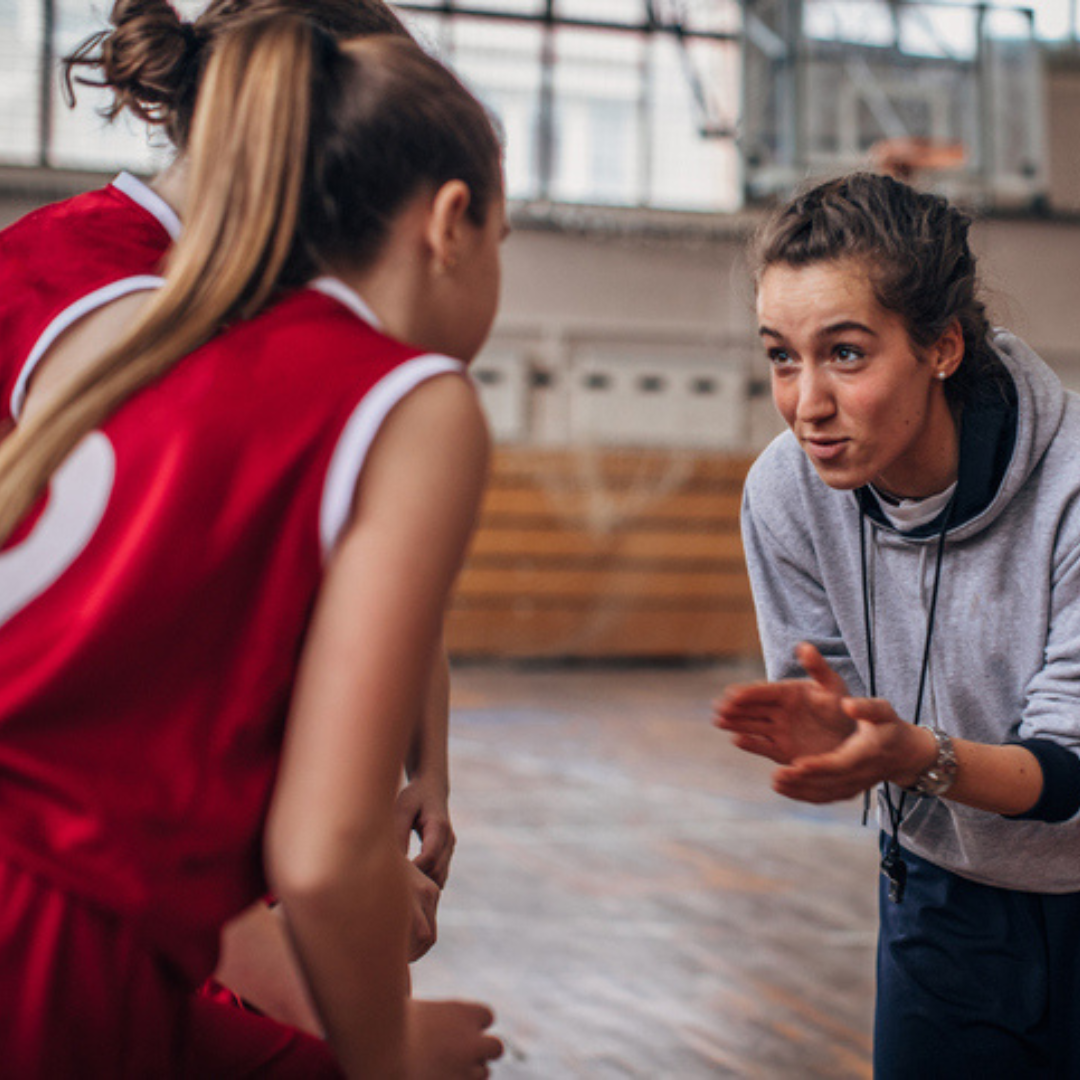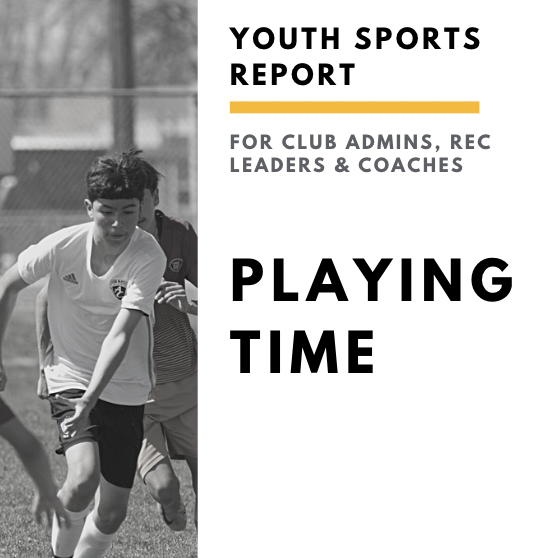Get our exclusive report. Download the iSport360 Club Switching Report Here – For Club Admins, Rec Leaders and Coaches.
How Youth Sports Coaches Can Collaborate with Parents
Youth sports are about more than just developing physical skills; they also provide valuable life lessons in teamwork, discipline, and sportsmanship. One of the most critical aspects of a young athlete’s journey is the collaboration between coaches and parents. When coaches and parents work together harmoniously, it creates a supportive environment that helps children thrive in their athletic endeavors. Let’s explore some effective strategies for youth sports coaches to collaborate with parents.
Establish Open Communication
Effective communication is the cornerstone of any successful collaboration. Coaches should establish clear lines of communication with parents from the start of the season. This can include regular team meetings, email updates, or even a dedicated communication app. Open dialogue allows parents to express concerns, ask questions, and understand the coach’s expectations.

Set Clear Expectations
At the beginning of the season, it’s essential for coaches to outline their goals, expectations, and coaching philosophy. Be transparent about playing time, practice schedules, and team rules. When parents understand what to expect, they are more likely to support the coach’s decisions and foster a positive atmosphere for the team.
Host Parent Meetings
Hosting parent meetings can be an effective way to address any concerns or questions collectively. During these meetings, coaches can discuss team goals, upcoming events, and their coaching approach. Encourage parents to share their thoughts and concerns, but also emphasize the importance of respecting the coach’s decisions during games and practices.
Provide Resources
Coaches can offer parents resources on youth sports, such as articles, books, or online resources. These materials can help parents better understand the physical and emotional needs of young athletes, as well as the role they play in their child’s sports journey. By educating parents, coaches empower them to be supportive team members.
Offer Feedback and Evaluation
Involve parents in the feedback and evaluation process. Coaches can schedule regular player assessments and parent meetings to discuss the child’s progress. This allows parents to have a more comprehensive understanding of their child’s development and provides an opportunity for the coach to address any concerns.

Create a Supportive Environment
Coaches should foster a supportive and inclusive team environment where all players are encouraged to excel. Encourage parents to attend games and cheer for all players, not just their own children. Promoting good sportsmanship and respect for teammates, opponents, and officials is essential.
Practice Conflict Resolution
Conflicts may arise during the season, whether it’s disagreements between parents or concerns regarding coaching decisions. Coaches should be prepared to handle these situations professionally and calmly. It’s essential to listen to parents’ concerns, acknowledge their feelings, and work towards a resolution that benefits the team as a whole.
Lead by Example
Coaches can set a positive example for parents and players alike by demonstrating good sportsmanship and respect. Encourage coaches to show appreciation for the parents’ support and involvement. When coaches lead by example, it reinforces the importance of teamwork and respect within the team.
Recognize Parent Contributions
Parents often play a significant role in youth sports, whether it’s organizing team events, providing transportation, or volunteering during games. Coaches should acknowledge and appreciate these contributions. Recognizing parents’ efforts fosters a sense of community and teamwork.
Celebrate Achievements Together
When the team achieves success, celebrate it together. Recognize the players’ hard work and the support of parents. This shared celebration strengthens the bond between coaches, parents, and players and reinforces the idea that youth sports are a collective effort.
Youth sports coaches have a unique opportunity to impact the lives of young athletes positively. By collaborating effectively with parents, coaches can create an environment that promotes not only athletic development but also personal growth and sportsmanship. Open communication, mutual respect, and a shared commitment to the team’s success are key to building a winning team both on and off the field. When coaches and parents work together, everyone benefits, and young athletes can thrive in their sports endeavors.
iSport360 is the only app that does it all for youth sports. For more information on what we do, click here.
About the author:
Amy Masters is a sports mom, coach, and club administrator. She has been coaching youth sports for more than 10 years. She started Jr Lions Field Hockey, the youth recreation program for the Hunterdon County community growing it from 40 players in year 1 to 150 players by year 3. A few years later, she saw the love and competitiveness grow then started Omega Field Hockey Club serving NJ and PA players. Prior to coaching, she was a collegiate field hockey player for Lock Haven University. In her spare time (lol), she is head of marketing for iSport360, where she brings her love of sports to a bigger audience.
Learn more or request a demo of our youth sports software that is helping teams improve communication, organization and player development.
October 19, 2023





